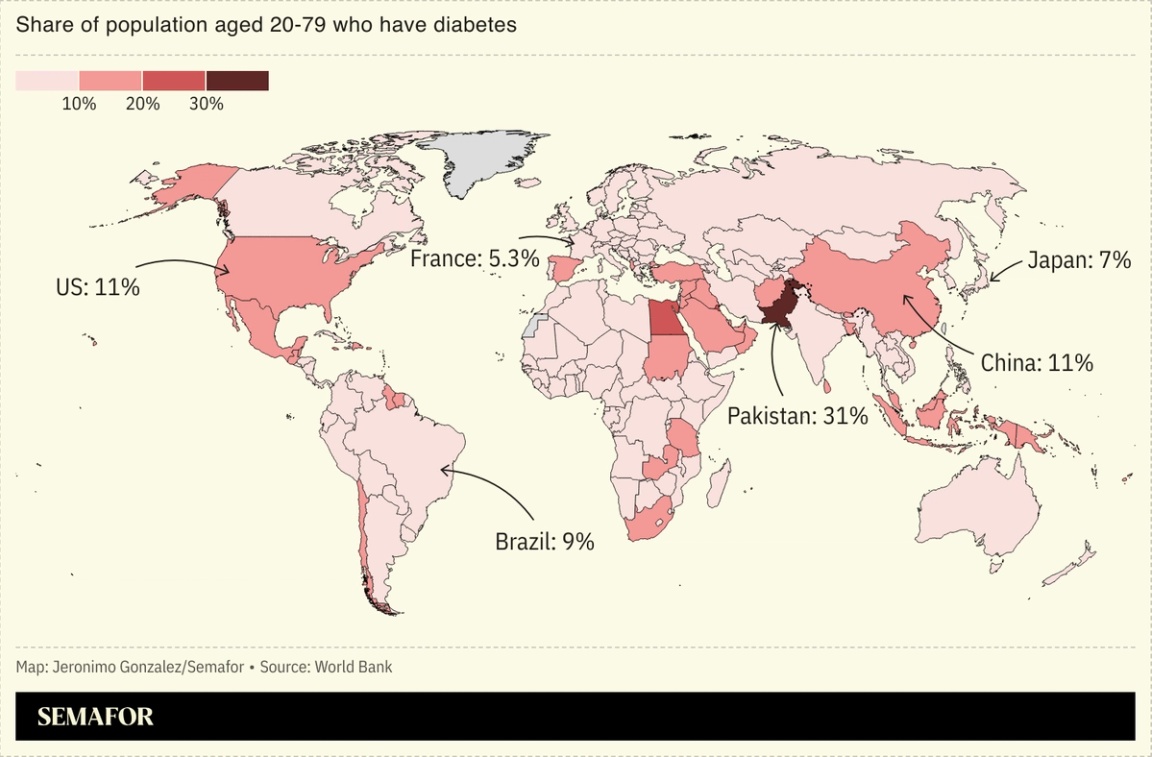 For the first time, a case of type 1 diabetes appears to have been cured. The genetic type 1 is the rarer form of the disease, but still affects about 2 million people in the US alone. It used to be fatal and, although it can now be managed with regular insulin injections, is still a lifelong condition. Last year, Chinese researchers modified patients’ own cells to create insulin-producing pancreatic tissue, and a year later, the first patient is still producing her own insulin and her blood sugar level is well controlled, Gizmodo reported. The results are preliminary and stem-cell research is fraught with dead ends and scientific fraud, but hopes are high that a cure is near. |